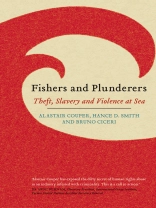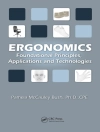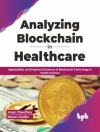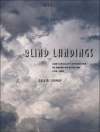Abuses and slavery at sea are largely missing from narratives of work and environmental exploitation in the mainstream. This book shines a light on the exploitation of fish and fishers alike in a global industry driven by profits.
Conservation and human rights in this industry are huge problems: with vast overprovision of vessels and shortages of fish, labour costs are targeted and young men are trafficked from poor areas onto vessels in virtual slavery. The resultant poverty and debt bonding pushes many towards trafficking drugs and piracy – although the criminality linked to the industry extends far beyond the level of the individual, vessel or fleet.
Using first hand testimony and shocking examples of these abuses, the book uncovers these crimes and injustices, with the authors arguing for regulations which if implemented could protect the rights of fishers across the board.
Innehållsförteckning
List of Figures, Tables and Plates
List of Acronyms and Abbreviations
Acknowledgements
Foreword by Deirdre Fitzpatrick
1. Introduction
Part I: The Fishing Industry and the Race to Fish
2. Fish, Gear and Boats
3. The Risks of Working at Sea
4. Nation States’ Rights to Fish
5. Employment and Poverty in Fishing Communities
6. Destruction and Theft of Fish Stocks
7. Laundering and Marketing Stolen Fish
Part II: The Plight of the Fishers
8. Arrests of Fishers
9. Getting a Crew by Dubious Contracting and Slave Trafficking
10. Abuses and Slavery at Sea
11. Escape from Hell
12. Fishing Vessels and the Drugs Trade
13. Piracy and Armed Robbery
14. Conclusion: Problems and Prospects
Notes
Index
Om författaren
Father Bruno Ciceri is representative of the Apostleship of the Sea International (Vatican City), Chairman of the International Christian Maritime Association, and is a member of the Board of Seafarers’ Rights International. He has worked for many years caring for seafarers and fishers in several countries of Asia. He has published on sea fishers’ conditions and human rights. He is the co-author of Fishers and Plunderers (Pluto, 2015).












